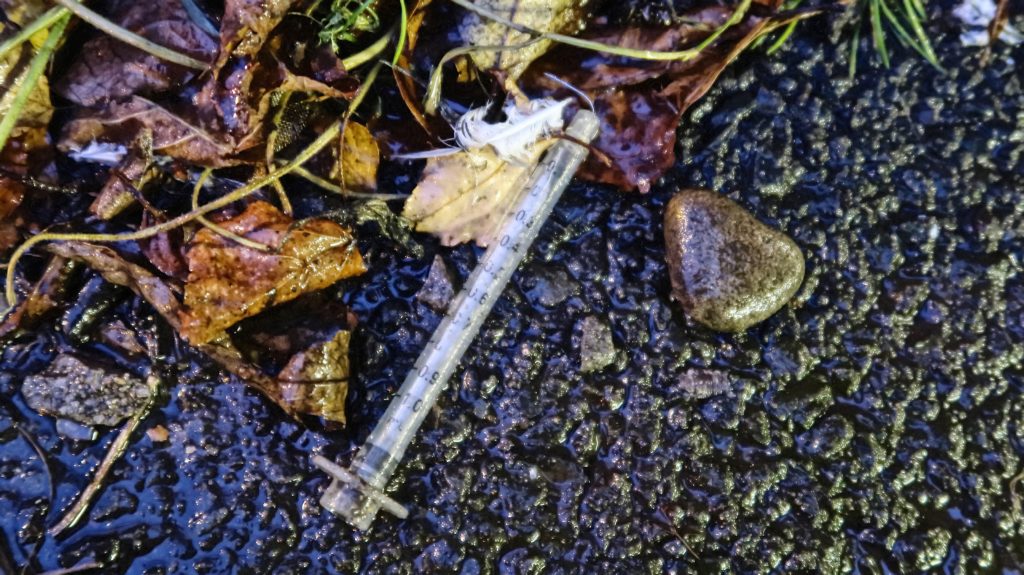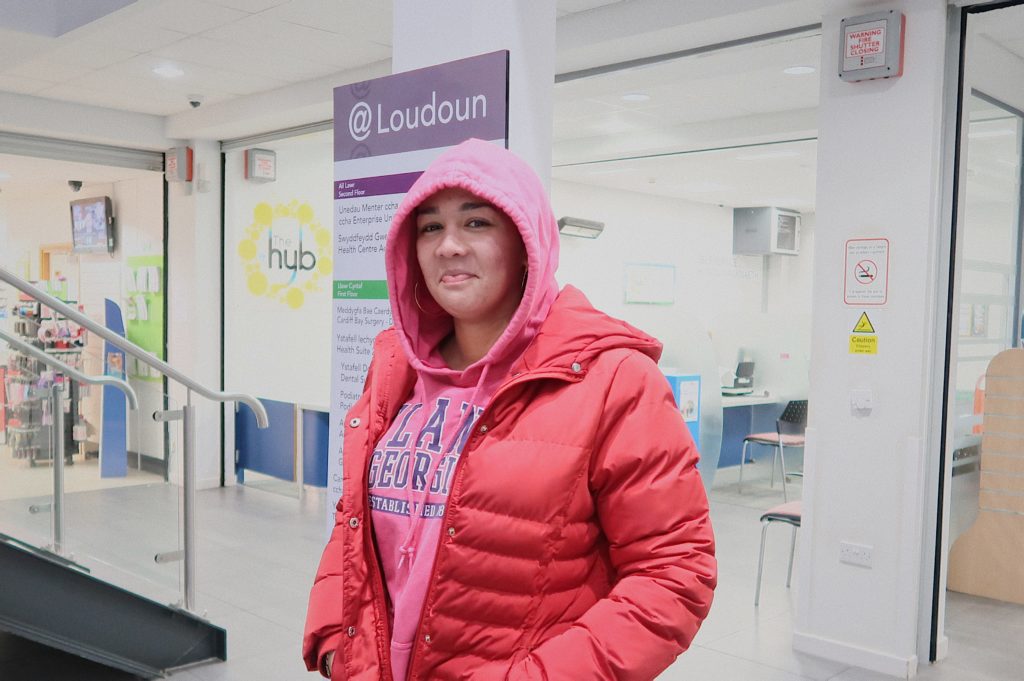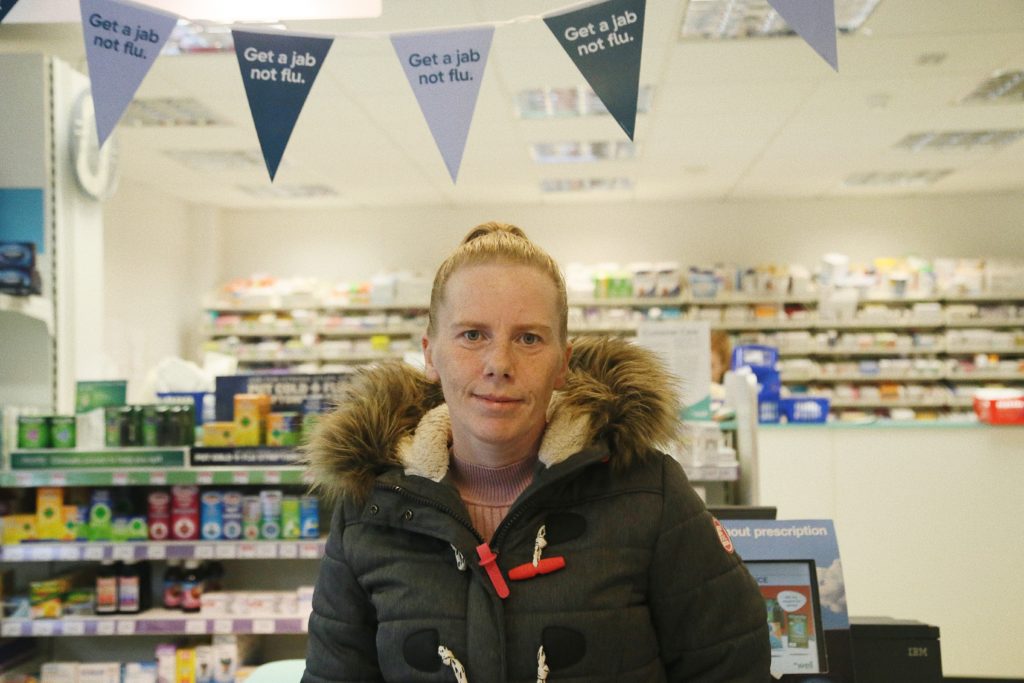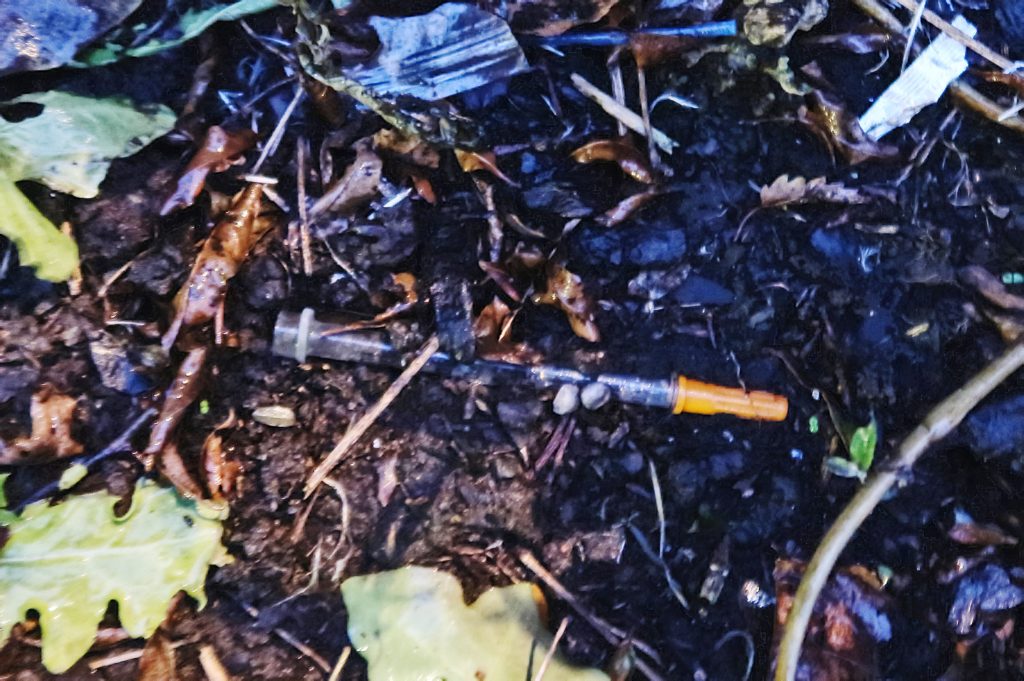As fewer and fewer pharmacies offer needle exchange services in Butetown, who can be responsible for the safety of children playing on the street?

Six months after the end of a needle exchange service in Butetown, residents are finding increased amounts of discarded drug equipment, often close to children’s play areas.
Needles have been found in areas known to be frequented by drug users, such as bridges and local parks.
For local mum Ashanti Thomas these needles represent a risk to her daughter. “People like me will know that needles can’t be picked up. We’re gonna kick it. Kids will pick them up,” says Ashanti. “(My daughter) asked me about it: ‘mum, what’s this? What are they doing?’ I don’t know how to explain.”

The mother of a four-year-old, Jemma Wilson, has the same opinion, “I rarely take my daughter to the park anymore because there are needles everywhere. I think the community should have a positive attitude about needle exchange.”

But while parents are worried about their kids, former drug users see the increased risk of keeping older needles in circulation.
“If it were not for needle exchanges there would be a lot more people sharing needles, then there’s exposing of dirty needles and a lot more hanging around the streets,” says former heroin user Lloyd Williams, 53.
He used heroin for around four years but gave up two decades ago with the help of The Huggard Centre in Butetown.

According to the data from NHS, sharing needles is one of the main reasons for blood-borne viruses such as hepatitis B. Rates for such disease in Cardiff are the most prevalent in Wales, which has gone up consistently in the city since 2016.
The service can also reduce the spread of diseases caused by re-use of needles carrying virus. It provides clean needles to drug addicts to prevent viral infections.
“Community and pharmacies should continue to help them not just stop that a little bit. They need help, don’t they?” she said.
